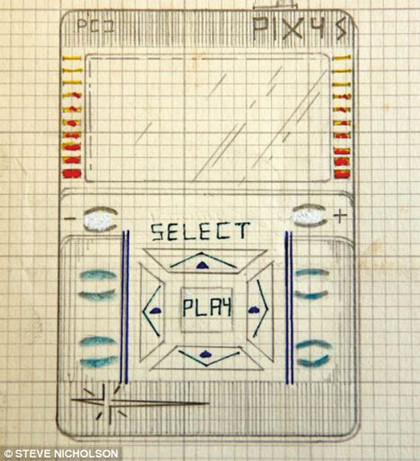Networks and the internet
The computer network is an American invention: George Stiblitz at Bell Laboratories spent the period from 1940 to 1946 developing the first machines to support multiple users and work remotely via telephone lines.
The ultimate network – the internet – was largely a US creation too, driven by the US Department of Defense Advanced Research Projects Agency. The first ARPANET link was between the University of California and the Stanford Research Institute, and this tech became the core of the internet.
The protocol for internet communication, TCP/IP, came from Robert Kahn of DARPA and Vint Cerf of Stanford University, and the move from closed, separate networks to connected inter-networks was driven by the US military and government agencies.
However, without the World Wide Web, the internet would almost certainly have remained a tool for boffins and geeks, so Briton Tim Berners-Lee is almost entirely responsible for the internet becoming an everyday technology.
He came up with Hypertext Mark-up Language (HTML), Uniform Resource Locators (URLs) and Hypertext Transfer Protocol (HTTP).
The British can't claim credit for the internet's other killer app, however: email was invented by New Yorker Ray Tomlinson on the ARPANET system.
Sign up for breaking news, reviews, opinion, top tech deals, and more.
Smartphones, iPods and peripherals
The British invented the telephone – sort of – but the mobile phone was a US invention. Mobile phone cells were proposed by Bell Labs engineers in 1947, while AT&T Labs researchers Richard H Frenkiel and Joel S Engel developed the technology to build such cells in the '60s.
Britain can take credit for the iPhone, though: Jonathan Ive, who designs many of Apple's products, originally hails from Chingford – and that means we can claim the iPod too. In fact, the UK can claim all digital music players: British inventor Kane Kramer filed patents for his digital audio player in 1979 and was showing it off at exhibitions in 1986.

However, while the British invented TV (John Logie Baird created the first working television system in 1924) the Americans can justifiably claim to have invented both the computer monitor (Allen B Du Mont's work at the De Forest Radio Company in New Jersey led to the first commercial CRT tubes) and the flatscreen display (George Heilmeier, who developed the first practical LCD display).
As Vice President of Texas Instruments in the 1980s, Heilmeier also played a part in the invention of the Digital Signal Processor (DSP), which you'll find in music players, mobile phones, home entertainment kit and medical equipment.
And the winner is…
Who is the real tech titan? By any reasonable judgement, it has to be the US. From the computer to the iPod the British may have come up with some bright ideas, but it was the inspiration and perspiration of American engineers that made those ideas into the products we actually use every day.
But before our transatlantic cousins jump up and down to do that 'USA! USA!' thing that they're so fond of, it's worth mentioning one other thing Britain came up with: America.
We didn't build it, but if it weren't for the arrogant and unreasonable behaviour of the British when we ran the place, there would have been no Declaration of Independence, no US Constitution (which was inspired in part by the Mayflower Compact, a set of rules drawn up in 1620 by British settlers) and no Bill of Rights, the documents that inform the can-do attitude that typifies the USA.
Let's face it: without the British to kick against, there would be no United States of America, and we very much doubt that the US would be the technology giant it is today.
So while it wasn't exactly deliberate, that means that every single high-tech innovation is traceable back to us. Don't believe us? Just look at some other parts of the world.
The Americans kicked us out, became the United States and invented almost everything. The Belgians didn't. And what have they come up with lately?